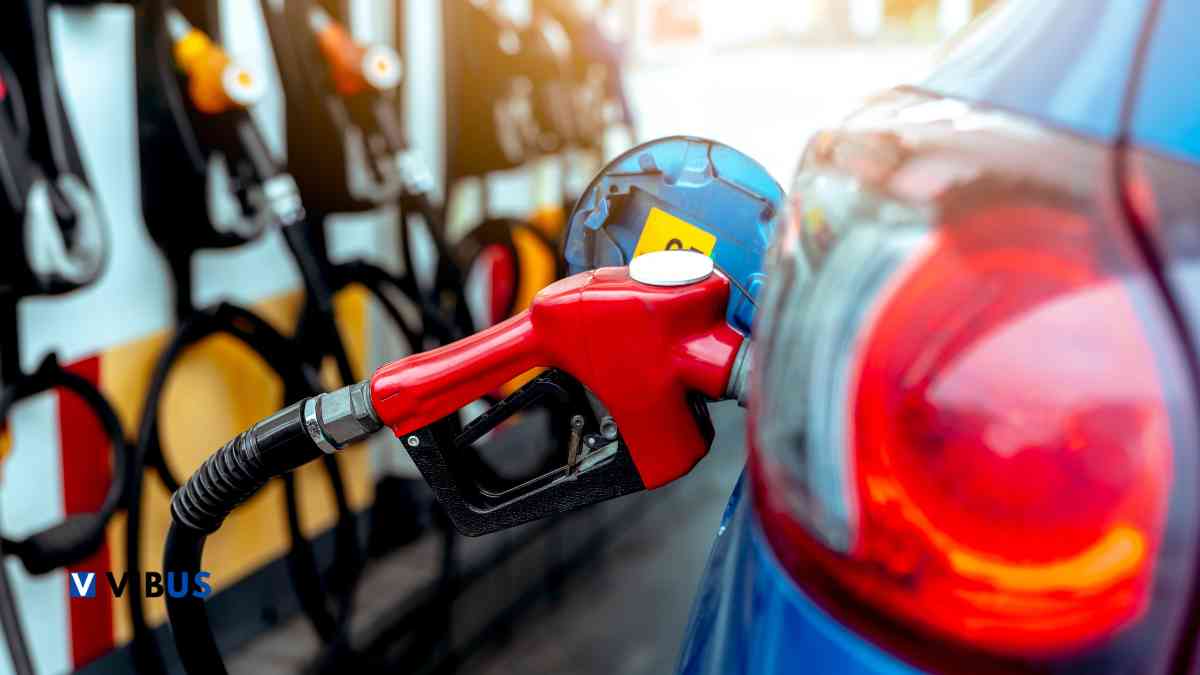As the cost of living continues to rise, a new initiative in Missouri offers economic relief to its residents who drive. The state has introduced a tax rebate for those who have kept a record of their fuel expenses over the past year, providing an opportunity to recover some of that cost.
Since last year, Missouri has implemented a policy that allows drivers to apply for a refund of the fuel tax. This initiative not only aims to alleviate the financial burden on citizens but also underscores the transparency and fair use of state taxes. Any resident who has saved their gas receipts from July 1, 2023, to June 30, 2024, can qualify for this rebate.
Refund of the fuel tax: an opportunity for drivers
The law behind this measure, Senate Bill 262, passed in 2021, demonstrates the state’s commitment to its citizens. The legislation not only facilitates these rebates but also establishes an annual increase in the fuel tax, intended to fund the maintenance of roads and bridges across the region.
Although the tax has increased from 24.5 cents per gallon to 27 cents and is expected to reach 29.5 cents by 2025, Missouri remains one of the states with the lowest revenue per mile.
The process to claim the refund is straightforward. Drivers need to complete form 4923-H on the official website, providing details such as the Vehicle Identification Number and the total amount of gasoline or diesel purchased.
This measure not only highlights the importance of keeping detailed records of fuel expenses but also promotes greater fiscal responsibility among citizens.
Assistance and available resources
For those needing assistance with the application process or having additional questions, the state administration has made several resources available. Drivers can contact the Missouri Department of Revenue directly through two phone lines or via email. In 2022, the average gas tax refund was $27.86, a small but significant relief for drivers’ wallets.
Missouri Governor Mike Parson has ardently defended the increase in the fuel tax as a necessary means to improve the state’s infrastructure. By introducing this measure, Parson highlighted the critical importance of transportation in economic growth and emphasized the ongoing need for infrastructure investments.
“Transportation drives our economy,” Parson stated, underscoring the inseparable link between robust infrastructure and the overall economic progress of the state.
With the implementation of this tax refund policy and the planned increases in the fuel tax, Missouri embarks on a delicate balance between fostering fiscal responsibility and promoting economic development.
As Missouri’s citizens adapt to this new regulation, the true testament to its success will be its ability to maintain and enhance transportation infrastructure while easing the financial burdens on drivers.
Policies like this, which directly reimburse citizens for part of their taxes, not only foster greater governmental transparency but also reinforce trust in the tax system.
As we move forward, it will be crucial to observe how these measures affect both the local economy and the well-being of Missouri’s residents. With initiatives like this, the state hopes not only to improve roads and bridges but also to strengthen the relationship between the government and its citizens, proving that prudent and effective fiscal management is possible.




